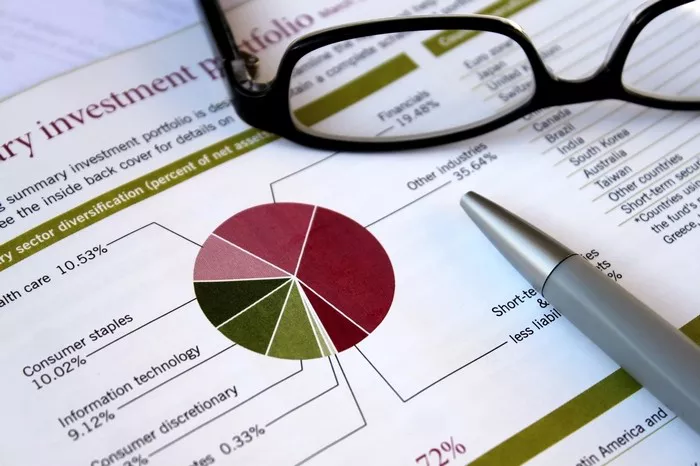Futures trading is a popular method of speculating on the future price movements of various assets, including commodities, financial instruments, and currencies. Understanding who pays in futures trading involves examining the roles and responsibilities of different market participants. This article delves into the intricacies of payment obligations in futures trading, providing a comprehensive overview of how and why payments are made.
Participants in Futures Trading
Futures trading involves several key participants, each with specific roles and payment responsibilities. These participants include:
- Traders: Individuals or institutions that buy and sell futures contracts with the aim of making a profit.
- Hedgers: Entities that use futures contracts to manage risk associated with price fluctuations in the underlying asset.
- Speculators: Investors who trade futures contracts to profit from anticipated price movements, without intending to actually buy or sell the underlying asset.
- Brokers: Intermediaries who facilitate transactions between traders and the futures exchanges.
- Clearing Houses: Organizations that manage the settlement of trades and ensure that both parties fulfill their contractual obligations.
Payment Responsibilities in Futures Trading
The payment process in futures trading involves several stages, with different parties responsible for making or receiving payments at various points.
Initial Margin
When a trader enters a futures contract, they are required to deposit an initial margin with their broker. This margin acts as a security deposit to cover potential losses and ensure that the trader can meet their contractual obligations.
- Traders: Responsible for providing the initial margin to their broker.
- Brokers: Collect the initial margin and pass it to the clearing house.
Daily Mark-to-Market
Futures contracts are marked-to-market daily, meaning that gains and losses are calculated and settled at the end of each trading day. This process ensures that the margin account reflects the current value of the contract.
- Gainers: Traders who experience a profit on their positions receive funds from the clearing house.
- Losers: Traders who incur losses must deposit additional funds into their margin account to cover the shortfall.
Maintenance Margin
In addition to the initial margin, traders must maintain a minimum balance, known as the maintenance margin, in their margin account. If the account balance falls below this threshold, the trader will receive a margin call.
- Traders: Must replenish their margin account if it falls below the maintenance margin level.
- Clearing House: Monitors margin levels and issues margin calls when necessary.
Settlement
At the contract’s expiration or upon closing the position, the final settlement occurs. This involves the actual exchange of funds based on the contract’s final price.
- Traders: Pay or receive the final settlement amount based on the difference between the contract price and the final settlement price.
- Clearing House: Facilitates the final settlement of the contract by ensuring that both parties meet their payment obligations.
Role of Clearing Houses
Clearing houses play a crucial role in futures trading by acting as intermediaries between buyers and sellers. They ensure the integrity of the trading process and manage the financial risks associated with futures contracts.
Guaranteeing Trades
Clearing houses guarantee the performance of futures contracts by becoming the counterparty to both sides of a trade. This means that they assume the risk if either party defaults on their payment obligations.
- Clearing House: Ensures that both parties fulfill their contractual obligations and manages the associated financial risks.
Managing Risk
Clearing houses use various risk management techniques, such as margin requirements and daily mark-to-market, to mitigate potential losses and protect against defaults.
- Clearing House: Implements risk management measures to safeguard against market fluctuations and participant defaults.
see also: How Long Can You Hold A Futures Contract?
Brokers’ Responsibilities
Brokers act as intermediaries between traders and the futures exchanges. They facilitate transactions, handle margin requirements, and ensure that trades are executed according to the traders’ instructions.
Collecting Margins
Brokers are responsible for collecting the initial and maintenance margins from traders. They then pass these funds to the clearing house to cover potential losses.
- Brokers: Collect margins from traders and transfer them to the clearing house.
Facilitating Transactions
Brokers execute buy and sell orders on behalf of traders, ensuring that transactions are carried out efficiently and accurately.
- Brokers: Facilitate the execution of trades and handle the administrative aspects of futures trading.
Hedgers and Speculators
Hedgers and speculators have distinct motivations and payment responsibilities in futures trading.
Hedgers
Hedgers use futures contracts to protect themselves against adverse price movements in the underlying asset. They often have existing positions in the physical market and use futures contracts to mitigate risk.
- Hedgers: Pay margins and settle contracts based on their hedging activities.
Speculators
Speculators aim to profit from price changes without intending to trade the underlying asset. They engage in futures trading to capitalize on short-term market movements.
- Speculators: Make or receive payments based on their speculative positions and trading outcomes.
Conclusion
Understanding who pays in futures trading involves recognizing the roles and responsibilities of various market participants. From traders and hedgers to brokers and clearing houses, each entity plays a crucial role in the payment process. By comprehending these responsibilities, traders can better navigate the complexities of futures trading and manage their financial obligations effectively.


